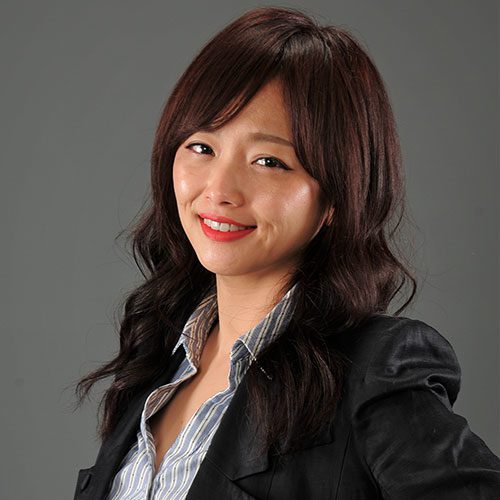
Peer-reviewed Journal Articles
As a foreign-born scholar, a woman of color, and a first-generation college student, a core value that motivates Dr. Seulki Ku’s scholarship, teaching, and service is to understand the diversity of people and foster an inclusive and equitable environment. She is interested in working with historically underrepresented groups both in the context of higher education and outside of the educational sphere.
Dr. Ku’s research seeks to understand the development of self-regulation among underserved children, with focus on disparities in families’ socioeconomic background and parental mental health symptoms (e.g., depression). Her research includes various aspects of self-regulation, such as executive function (cognitive aspect), emotion regulation, and cortisol reactivity (physiological aspect), and school readiness during the transition to school. To answer her research questions, she utilizes advanced quantitative methods working on both large-scale, national-level data and community-level data.
In particular, her work using a person-centered approach has revealed that underserved families’ experience may differ; in other words, every family has different experiences and their own unique strengths. Grounded on this understanding, she has explored resilience factors among underserved families, both at the caregiver (e.g., sensitivity) and child level (e.g., social-emotional competence).
Before coming to the States to pursue her doctorate, Dr. Ku grew up and received her bachelor’s and master’s degrees in South Korea. While at Ewha Womans University in South Korea, she was educated to be aware of barriers that women can face in science. Dr. Ku strives to promote the academic success of women and other groups who are historically underrepresented in higher education. As a teacher, she challenges students to consider cultural differences among their research participants and/or patients when developing and implementing pre/intervention programs designed to promote the well-being and adaptation of participants/patients.
Outside of academia, Dr. Ku has been involved in the work of Social Creatures, an applied research nonprofit organization with a mission to increase social connectedness among individuals in need. As a consulting research scientist, she and her team have developed a virtual parent education program that is culturally inclusive for new parents, embracing differences in backgrounds (e.g., age, race, sexual identity, immigration status). This work has been supported by Robin Hood Fund for Early Learning.
As new faculty at Erikson, Dr. Ku would like to contribute to reducing health disparities and gaps in school readiness among children living in the under-resourced areas of Chicago and experiencing social inequality. Using her expertise, she is interested in examining protective roles of paternal characteristics, such as paternal mental health and parenting, and coparenting relationships. To make this possible, she is committed to actively working with students and developing trustful and supportive mentoring relationships.